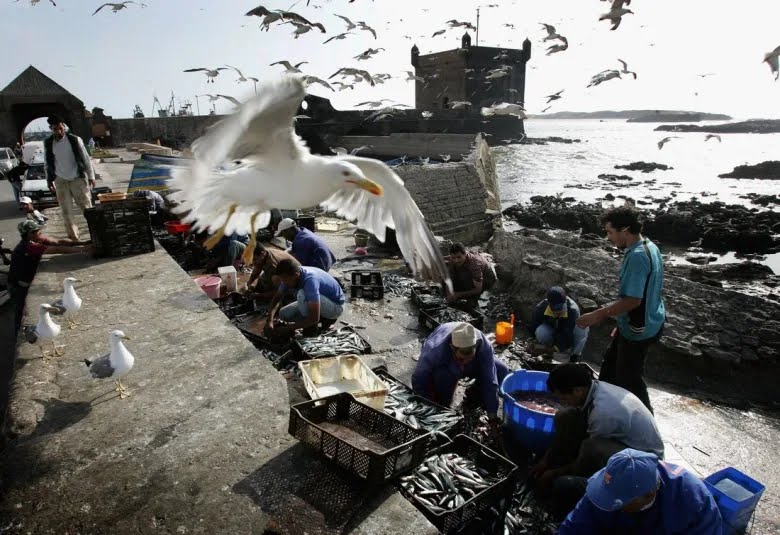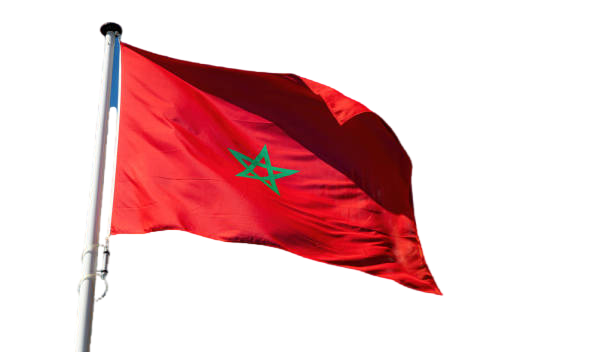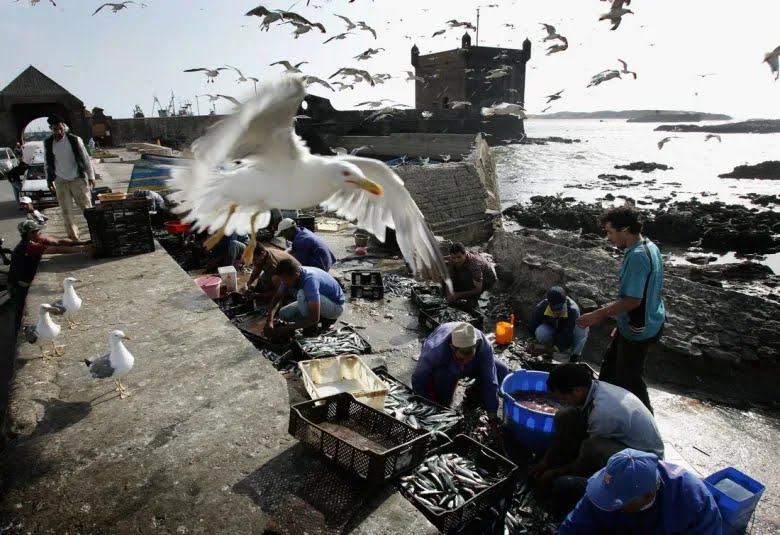Morocco is known for its breathtaking geographical diversity (with its sea, desert, mountains, valleys, and forests), and its diverse climate throughout the year, ranging from hot to cold enough for snow to fall, in addition to its political stability and economic ambitions. However, there is a lot of information about Morocco that the reader may not know.

We present five of them
Moroccans can speak several languages... but their Darija and Amazigh dialects are difficult to learn. Moroccans do not find languages difficult, and in general, many Moroccans speak French, which has continued in education as a result of colonization. A number of them also speak English, while Spanish is popular in northern Morocco. Moroccans can also speak Levantine dialects without any problem, but the Moroccan dialect is considered one of the most difficult in the region, and almost when a Moroccan speaks in his dialect, people from other regions find it very difficult to understand what he is saying, except for Algerians.
The first country to recognize the independence of the United States. Morocco maintained a strong relationship with the United States during the years of the American Revolution, especially after the cessation of cooperation between American and British ships. This enabled its merchant ships to use the port of Tangier and its territorial waters, which led to the Moroccan kingdom recognizing the United States in 1777, and talks between the two parties began in 1783, and the recognition treaty was signed in 1786, according to official information from the US Embassy in Rabat.
The question of which country was the first to recognize the United States creates a debate between Moroccans and Algerians, especially since some say that Algeria was the first country in the world to achieve this recognition, but a return to the official website of American history shows that Algeria's recognition of the United States took place in 1795.
The only country where the Argan tree grows naturally. You may have heard of Argan oil, this oil with multiple benefits that can be used as food and can also be used in cosmetics, does not grow naturally except in Morocco, specifically between the cities of Essaouira, Agadir, Tiznit, and Taroudant, and its price currently reaches about $140 per liter for food Argan, and a little more for cosmetics.
The Argan tree is found in some areas of South America, but it does not produce the fruits from which the oil is extracted. An Israeli company has also begun artificially cultivating this tree to extract oil from it, which has raised concerns among Moroccan economic and environmental activists, fearing a negative impact on the global reputation of Argan.
The largest source of phosphate, cannabis, and sardines in the world. Morocco has the largest phosphate reserves in the world, reaching approximately 85 percent, and is the second largest producer of this substance worldwide with about 45 million tons, most of which is exported, amounting to 4.5 billion dollars in nine months of 2024.
Morocco is also the first source of sardines in the world, making it the 13th out of 25 countries exporting fish worldwide. Morocco's leadership does not stop there, as it is also one of the largest exporters of the Indian hemp plant from which hashish is extracted, according to international reports, although Morocco criminalizes the marketing of this plant.
oldest university in the world. The University of Al Quaraouiyine in Fez, the cultural capital of Morocco, is considered the oldest university in the world, as it was built in 859 AD by Fatima bint Muhammad al-Fihri, and the university is still operating to this day, as a group of Moroccan scholars and prominent figures graduated from it, and several scholars such as Ibn Khaldun studied in it.



Comments ()